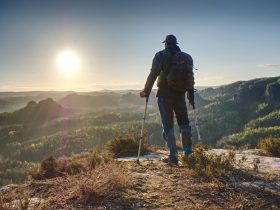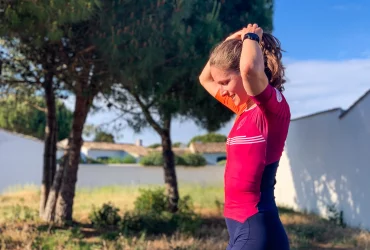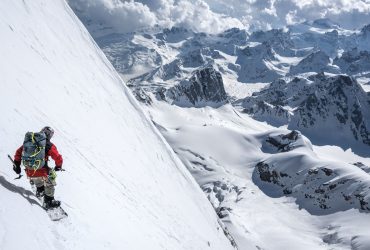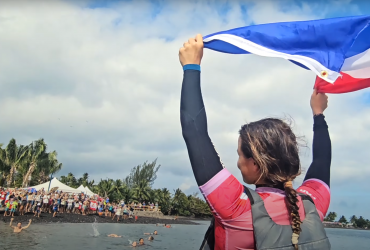Competing for the first time in the Olympic Games, the surfers and climbers finally took part in the world's biggest sporting competition. A look back at the Japanese edition with the Private Sport Shop ambassadors, Johanne Defay and the Mawem brothers.
Carissa Moore and Italo Ferreira will forever be the first Olympic champions in the history of surfing. In Japan, on the black sandy beach of Tsurigasaki, the American and the Brazilian brought their country the most beautiful of medals in an event that never really benefited from ideal conditions.
On the French side, Johanne Defay suffered a lot in the women's event, as she could legitimately hope to be on the box as the world number two. In extremely small and difficult to read waves, the French surfer fell in the round of 16 to Portuguese member of the QS (qualifying round equivalent to the second division of pro surfing) Yolanda Hopkins.
"I'm disappointed with my performance, disappointed with the waves," lamented the Tricolore as she left the water. "I feel like I couldn't give it my all. Random conditions like today's don't bother me, on the contrary. But here, the waves were really difficult and the water complicated to read."
"With the wind, the waves could be correct or totally crushed. It was much more complex than during the warm-ups on the previous days when there was no wind on the spot yet. I'm frustrated not to have been able to express myself, but in these conditions, I think I'm not the only one to come out of the water with this feeling. But it's still my first Olympic experience and I won't forget it." At 27, the Frenchwoman can obviously set her sights on the next Olympic deadline, which will take place on the famous Teahupoo spot in Tahiti for the Paris 2024 Olympics. "It's a wave that won't level the playing field like here in Japan," she added. "It will be the opposite of what we had for our first Games."
In climbing, the Mawem brothers had mixed fortunes. Bassa, who injured his left bicep, had to withdraw from the final, even though he had managed to secure his place among the eight qualified climbers with the first Olympic record in the speed discipline (5'45, the third-best time in history).
"I no longer have a left biceps," explained the French climber at the end of his first Olympic experience. "It's so big that it hasn't been confirmed yet, but I have a total rupture of the lower biceps tendon; my biceps goes all the way up to my shoulder. I'll have to have an operation, which will take six months. I'm going to leave what little strength I have left to my brother, so that he can represent us as well as possible in this final. "
And Michael came very close to a medal, finishing fifth. Tied for first place after the first two events (speed and bouldering), the Frenchman fell short in the final difficulty event, failing to go higher than halfway up the route. As a result, Spain's Alberto Gines Lopez wins the first Olympic title in climbing history. "It came down to nothing on the bouldering, to a left hand that couldn't hold a hold several times. But anyway, I managed to do a great climb," explained the Frenchman after the final.
"It's cool to have been able to max out on the Olympics. I attacked it as if it were my first competition. Today, I'll be able to get back on track for a second part. Physically, I'm fine. Mentally, it's more a question of holding out all the way. My tactic has been to train on speed and blocking, and that's what gets me into the final. I finished 3rd in speed and 2nd in bouldering. I wasn't counting on difficulty, especially as the world's best are all around me. I stuck to my strengths. It was a good choice, and that's the law of competition. It's just a pity that Bassa couldn't take part in the competition right to the end, and shatter his record, the Olympic record. There's Paris 2024 now, and we're going to go all out. It's a big challenge, but we like big challenges." The date is set for the French climbers.










